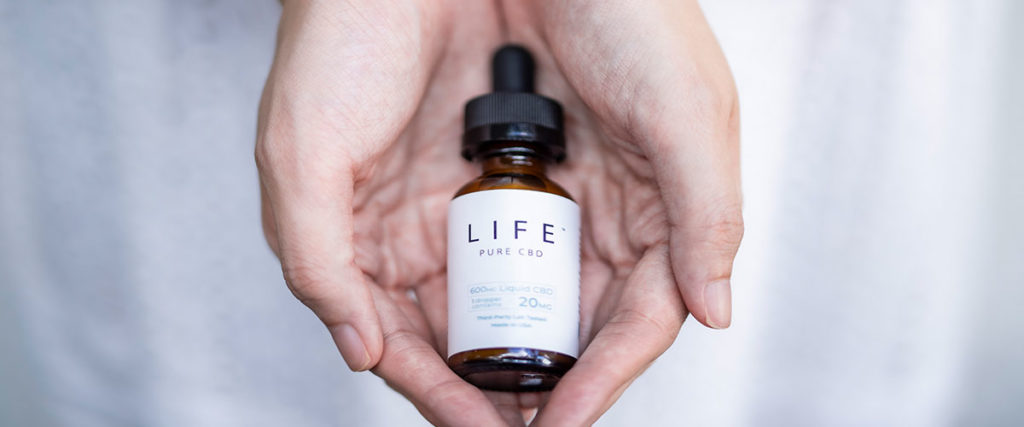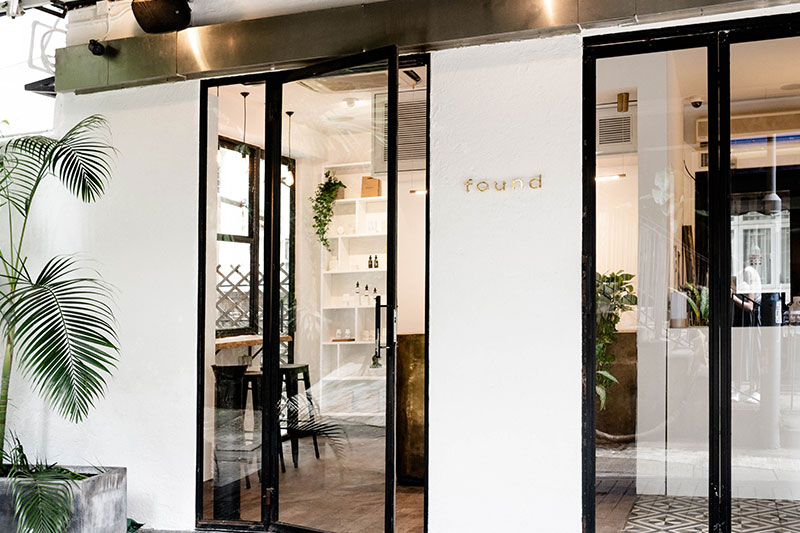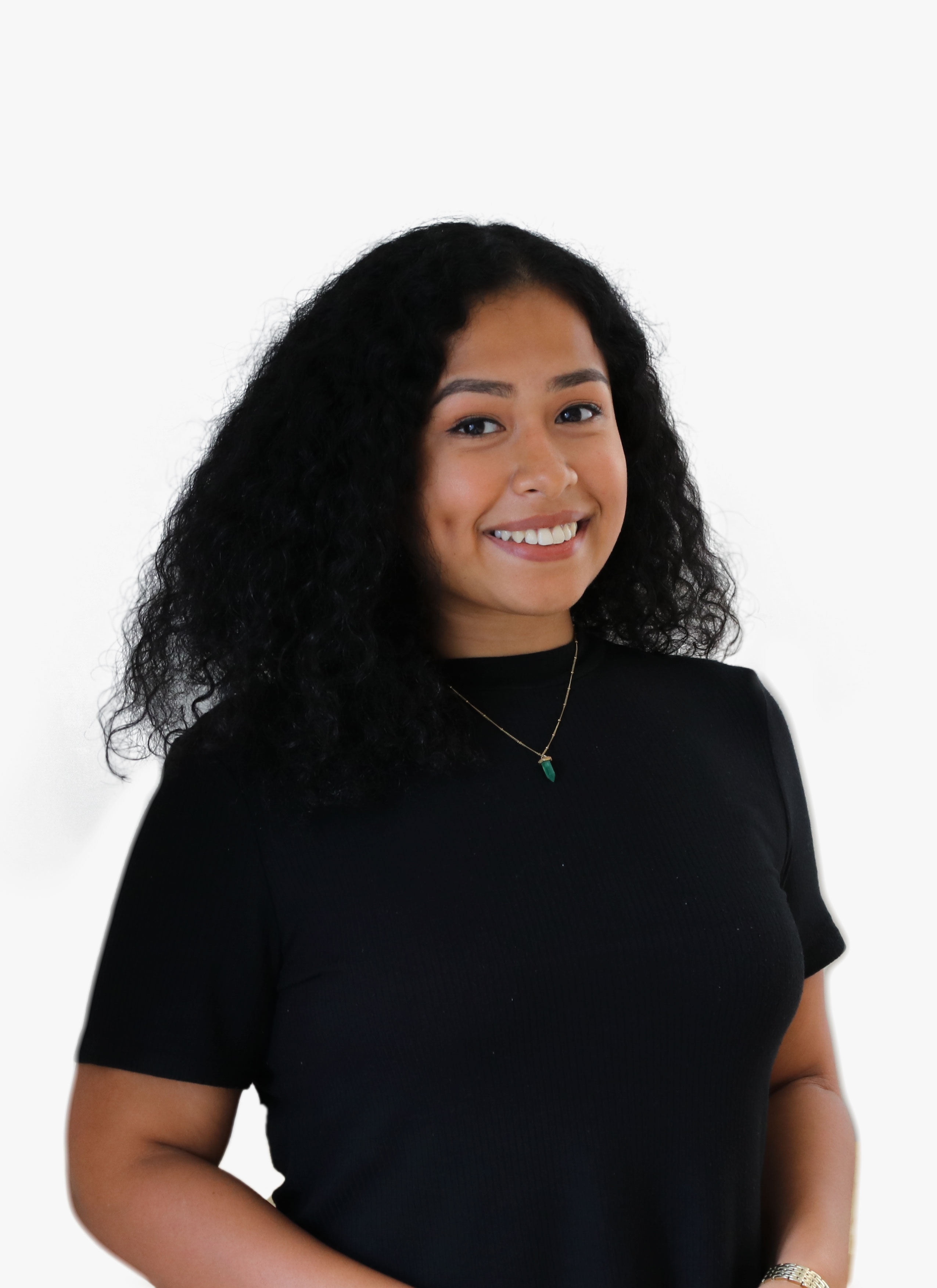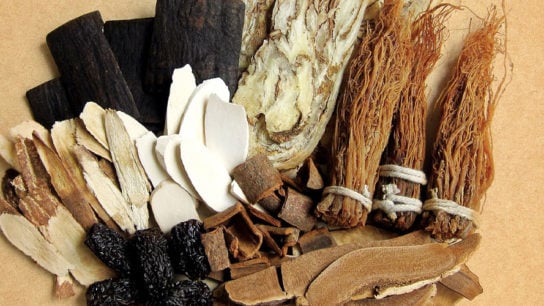Altum is the company behind Hong Kong’s first CBD concept store and cafe. We spoke to co-founder Fiachra Mullen about the realities of CBD businesses in Asia.
The cultural stigma surrounding cannabis (or the more negatively connoted term, ‘marijuana’) still heavily clings to the masses in Asian countries. Yet, despite all odds, cannabinoid companies are emerging from clouds of apprehension through means of careful brand messaging, education, and evolving regulations that ensure CBD products can be labelled free of THC (Tetrahydrocannabinol), the psychoactive chemical in cannabis. It seems that the world is slowly warming up to alternative uses of cannabis, from CBD beauty and skincare lines to oils and edible goods, with many companies across Asia picking up on the growing demand.
Leading the charge in Asia Pacific is Altum, an innovative company based in Hong Kong and Perth that specialises in the importation, distribution, and marketing of cannabinoid products in the region. They recently opened Asia’s first CBD concept store of its kind called ‘Found’, just around the corner from Hong Kong’s central business district. There’s even a cafe with an array of calm-inducing products on their menu, including everything from teas to baked treats.
Here, we speak to Fiachra Mullen, co-founder and Chief Marketing Officer of Altum, about the cultural and legal obstacles that exist in this emerging industry, as well as the opportunities to be pursued in this new and exciting space.
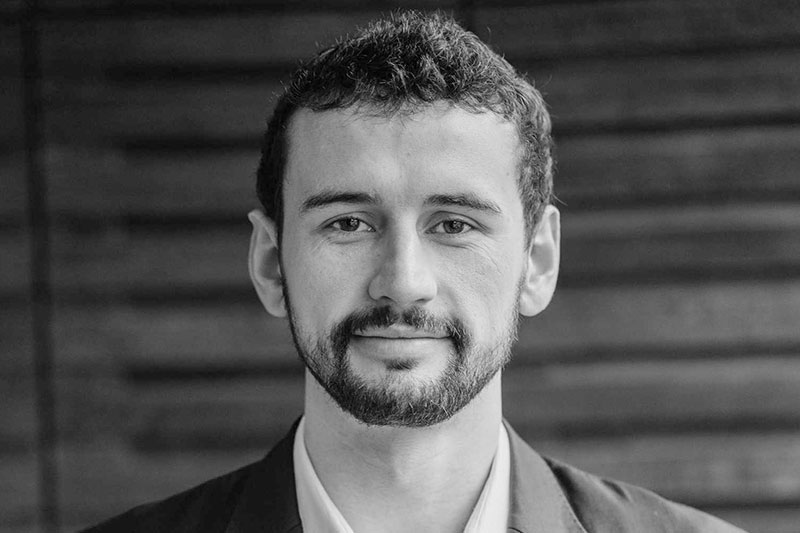
Fiachra Mullen, CMO and co-founder of Altum
How did you become the Chief Marketing Officer and co-founder of a CBD distribution and marketing company in Asia?
My career really is a two-track one. On the one hand, I was marketing director for one of the largest exporters of dutiable Chinese consumer goods, China International DF. That company specialised in everything from tobacco and alcohol to tea and Chinese health and wellness products.
While I was in that role, they actually asked me to start spending time in Shenzhen as part of the cigarette manufacturing industry. I ended up spending quite a lot of time there working with some of the leading vaporiser manufacturers. 100% of the world’s vaping technology comes from a 50 square mile radius, just north of us here in Hong Kong. While I was in the factories, I could see that there were just millions and millions of vapes being produced for North American companies. So, myself and a couple of partners actually decided to launch a THC vape into the California cannabis market, and we launched that in 2015.
In mid-2018, I met the other Altum co-founders, Ean Alexander and Jono van Hazel, and we started talking about the cannabinoid opportunity in Asia Pacific. When I met them, they were both working with Australia’s leading medicinal cannabis cultivator called Little Green Pharma (LGP). At the time, LGP was the most progressive medical cannabis company in Australia, and still is in many regards.
Because bringing THC medicine to this part of the world is such a challenge, we realised that the bigger opportunity was to focus less on THC and more on CBD products that aren’t as sensitive to government regulation. That way, we could bring some of the biggest benefits of cannabis to consumers here.
What was it that made you feel it was the right time to start a CBD marketing business in the Asia Pacific region?
Cannabis is, at some point, going to be a taxable commodity. With national legalisation in Canada, it’s something that really contributes to government revenues. That’s part of the reason why legalisation is beginning to take shape around the world.
A large part of our decision to start this was just us putting a finger in the air, trying to take note. What we could see was that, even if cannabis isn’t currently welcome in Asian markets, a lot of capital is being allocated to cannabis markets overseas from Asian investments, through Hong Kong in particular. Having family offices and private wealth invest in an industry is one of the earliest prerequisites in Asia for acceptance.
We were also talking to CBD manufacturers and brands in the US, and they were telling us that there were a lot of orders coming from our part of the world, from individual consumers. They themselves were shipping packages of CBD oils, balms, and soft gels, so we knew there was a demand here that wasn’t being addressed on the ground, but was being pursued through e-commerce.
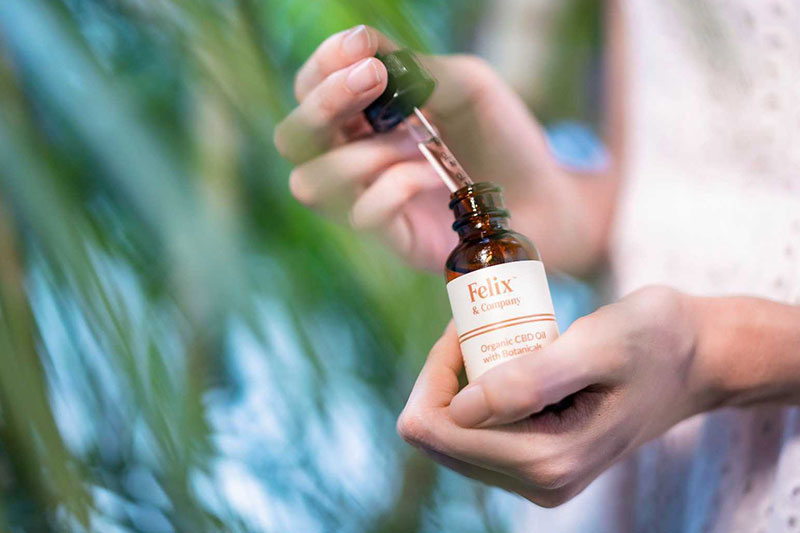
Could you talk a little bit about the opportunities that exist for those who want to enter this industry in Asia?
It’s just another consumer goods category that’s coming online in the region. Obviously, the regulatory side requires a lot more work than the average product category, and while there are well-established rules and pathways for everything from alcohol to prescription medicine, the rules for cannabinoids are being established in real-time in Asia Pacific. Whatever relevant skills in business you might have, whether it’s in supply chain, finance, marketing distribution, or consumer engagements, all of those skills are very much needed in the cannabinoid sector. We’re seeing a lot of talent get poached from well-established industries, bringing years of practice in the cannabinoid industry. CBD businesses are getting much more sophisticated very quickly because of that.
The most obvious obstacle for CBD businesses is the cultural stigma around cannabis. How does that affect CBD companies in the region?
There are two ways CBD businesses can approach this. The classic way is the head shop approach with the cannabis leaves on the packaging, the uses of purple and green, and strain names like ‘OG Kush’, which really leans into quite a small demographic. That demographic is relatively easy to be in because you don’t have to do much work to sell them on what you’re offering. There have been head shops in Hong Kong selling glassware, vaporisers, and rolling papers for years that cater very well to that market.
What we’ve seen happen in North America, Europe, and now Hong Kong, is the separation of CBD from the traditional cannabis tropes, including all of the imagery, colour schemes, and language that I’ve referred to. Instead, it’s being presented as something new and distinct from cannabis, with functional enhancements to everyday life so that people can enjoy the therapeutic benefits. I can give you one example that’s quite compelling and it’s concerning the vocabulary they’ve used in the US, as they’ve begun to legalise cannabis over the past 10 to 12 years.
There was a shift from the use of the word ‘marijuana’, because marijuana was quite a stigmatised word from the drug wars in the ‘70s and ‘80s, and they were able to lead with a different word: ‘cannabis’. It’s kind of a relief to go back to the actual name of the plant. We’ve found that it helps with the generational misconceptions and the stigma. It was something they could bring new attributes to, instead of bringing the baggage of the past to the current day. It’s even more challenging to do in Chinese.
What specific cultural roadblocks have you run into in Hong Kong while setting up shop here?
We have one word in Cantonese for cannabis or hemp, and it’s ‘ma’ (as in ‘dai ma’). No matter how you slice it, you always end up using that word to refer to hemp in Cantonese. What we’ve discovered through talking to various demographics, particularly to the older generation in Hong Kong, is that the first question they have when we begin to explain CBD in Cantonese is always, ‘Oh my god, I thought that was illegal,’. So, one decision we’ve made in that regard is to lead with the term ‘CBD’ in both Chinese and English. That’s one example of the many ways we’re trying to change the approach in content for this city.
The other way is, with the opening of ‘Found’, we’re signalling quite clearly how we plan to approach this. You won’t find a cannabis leaf in our store, whether real or drawn. It’s not visually represented on any of our materials because what we do symbolises more of a lifestyle. It’s a contemporary cafe and concept shop, rather than the classic head shop selling rolling papers. In the three weeks since our opening, I’ve already seen what we’re doing being validated by the demographics that have walked in the door, from young to old, Western to local. It’s really helped put people at ease as they walk in and try to learn more about what CBD is.
Could you tell us your experience with the regulatory processes for CBD products in Hong Kong?
From the regulatory point of view, Hong Kong is actually one of Asia’s most progressive cannabinoid markets, and I think it’s almost accidental. In Hong Kong, there are two types of cannabinoids that are considered substances on the Dangerous Drugs Ordinance: THC, which most are familiar with, and CBN, which stands for cannabinol. According to the UN’s view on cannabis, THC and cannabinol are considered to be the two cannabinoids that are intoxicating.
If you can prove these two substances are not present in any detectable amounts in your products, then you can import CBD goods and sell them. Many brands currently selling in Hong Kong are accidentally selling CBN in their products, as they think only THC is illegal.
There are about six metrics that we’ve decided on internally, from the standards of our certificates of analysis to our internal systems of quality control, that collectively give us a kind of comfort over our business operations and importing activity.
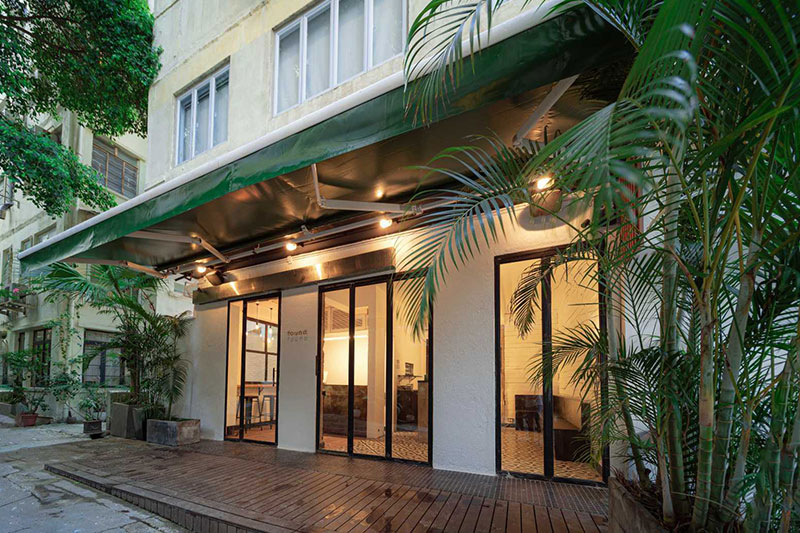
Tell us about the new CBD concept store and cafe, ‘Found’.
Ultimately, as a business, Altum develops brands for both individual customers and businesses. Our leading brand for individuals is called ‘Felix & Co.’ and for businesses, it’s called ‘LIFE CBD’. ‘Found’ also functions as a showroom, so our business partners can come along and take a look at how our LIFE CBD product integrates into foods and drinks.
There are hole-in-the-wall CBD stores in various cities like Tokyo, but I think they’re all still going at it with the classic head shop approach, as I mentioned earlier. So, on a few different fronts, we feel like we’re pioneering an approach to CBD that will be the norm. It’s a chance for people to touch the product and to speak to others in a cafe. If they’re not comfortable buying a CBD product, it’s a chance for them to try some in a green tea, for example, which is a much lower hurdle. Somebody ordering a tea will look around our cafe and see 10 or 15 other people enjoying themselves, chatting, with no repercussions or consequences. I think that’s really important.
Related Articles
Heavens Please: The Startup Fighting Cannabis Stigma in Hong Kong
